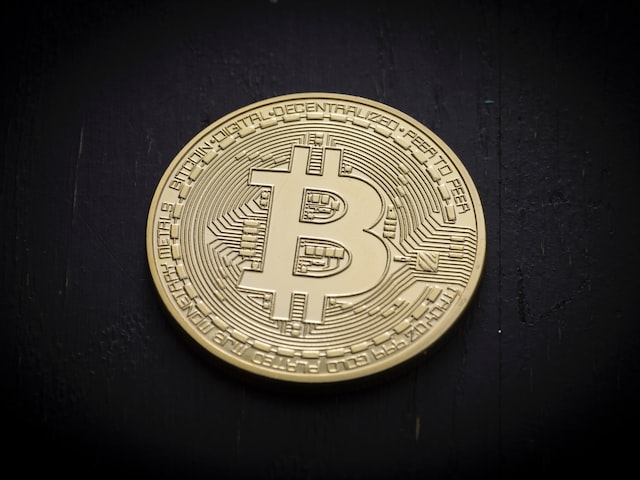Bitcoin was created by an unknown person or group of people using the name Satoshi Nakamoto. As a decentralized currency, there is no central authority or individual that controls bitcoin. Instead, it is maintained and validated by a network of users around the world known as miners, who use specialized software to validate transactions and add them to the blockchain, the public ledger that records all bitcoin transactions, Bitcoin News, forecasts, analytics you can find on many sites.
Bitcoin’s decentralized nature is one of its key features that sets it apart from traditional currencies. Without a central authority or intermediary, bitcoin transactions can occur directly between parties without the need for a trusted third party. This means that users have greater control over their funds and can avoid the fees and regulations associated with traditional financial institutions.
However, this also means that there is no centralized entity to oversee the system or regulate it. As a result, there have been concerns about the potential use of bitcoin for illicit activities such as money laundering and terrorism financing. Additionally, the lack of regulation means that the value of bitcoin is highly volatile and can be affected by market speculation and manipulation.
Despite these challenges, bitcoin has continued to gain acceptance and adoption around the world. Its decentralized nature, security, and efficiency make it an attractive option for people looking to transfer and store money outside of traditional financial institutions. As the technology continues to develop and mature, it will be interesting to see how it evolves and impacts the global financial landscape.


